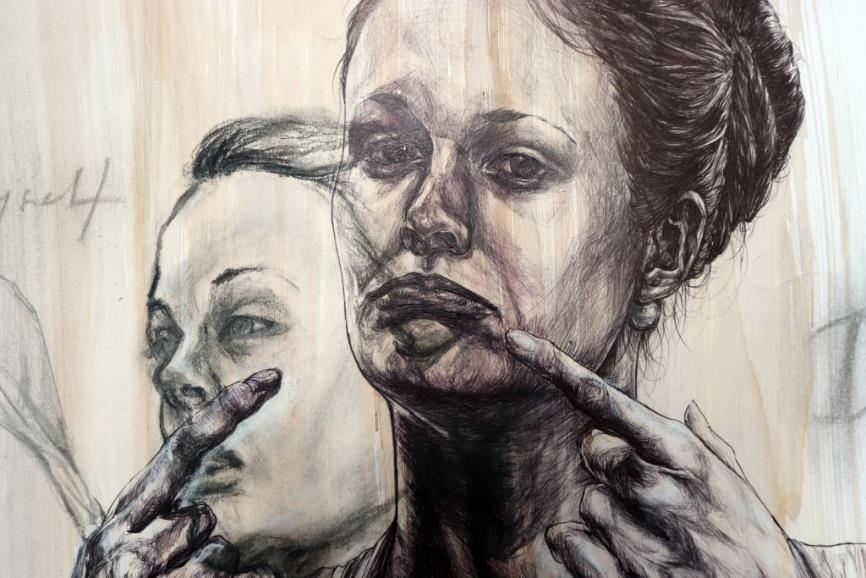
2 minute read
ENGLISH LANGUAGE AND LITERATURE - HIGHER LEVEL
ENGLISH LANGUAGE AND LITERATURE - HIGHER LEVEL
Aims
• To introduce student to a range of texts, from different forms (Language and Literature) periods, styles, genres and modes • To develop students' ability to engage in close, detailed analysis of texts • To develop students’ power of expression, both in oral and written communication • To encourage students to recognise the importance of the contexts in which texts are written and received • To encourage students to appreciate the formal, stylistic and aesthetic qualities of texts • To promote in students an enjoyment of, and lifelong interest in, language and literature • To develop in students an understanding of how language, culture and context determine the ways in which meaning is constructed in texts • To encourage students to think critically about the different interactions between text, audience and purpose
Course description
Language and Literature is a dynamic syllabus that introduces the interconnected nature of language and literature. Students will explore a range of non-fiction text types as individual texts and as wider 'Bodies of Work' alongside literary texts from different time periods and cultures. Across the two years, students will approach the texts through the concepts of: Culture, Creativity, Communication, Identity, Perspective, Representation and Transformation. Students are required to engage with and identify the ways in which writers introduce and communicate Global Issues. There is a strong emphasis on student choice, independence and development of ideas and in order for students to keep track of their ideas, a Learner Portfolio is a non-assessed requirement of the course.
Course Assessment: 2 external examinations (Paper 1: Language; Paper 2: Literature); 1 externally assessed Higher Level essay; and 1 internal assessment (an Individual Oral on a literary text and a body of work)
The Language and Literature course is engaging and stimulating and will suit intellectually curious people who wish to extend their understanding of the way that producers of texts communicate their ideas about the wider world.
Requirements
You should like reading and writing and be interested in finding out what great writers have to say about the global issues of our world: gender, power, environment, culture, and the creative process. You should be motivated, enthusiastic, reflective and willing to become wellorganised in your working habits.
Career Path:
The study of language and literature is great for developing the critical faculties, encouraging people to think for themselves, and being analytical in their responses to texts. It requires close reading, summary and evaluative skills. It also requires an empathetic approach to human relationships and dilemmas. As such, it is invaluable in any career requiring analytical thought and an ability to communicate clearly and succinctly, both in writing and in person. Language and Literature specialists often excel in careers such as publishing, law, advertising, marketing, politics, journalism, communications and PR.
Contact for further information:
Verity Goodliffe: verity.goodliffe@tts.edu.sg








